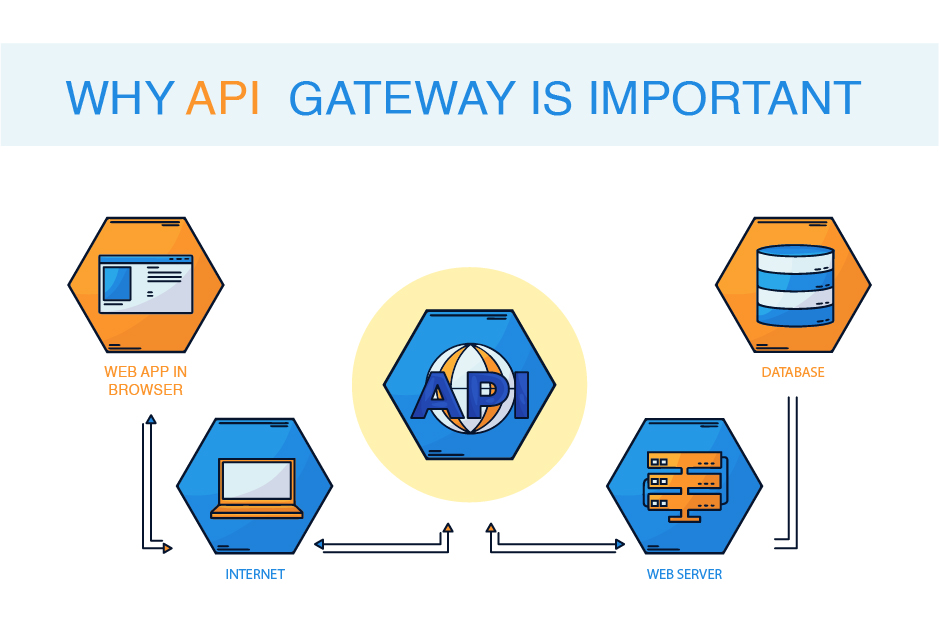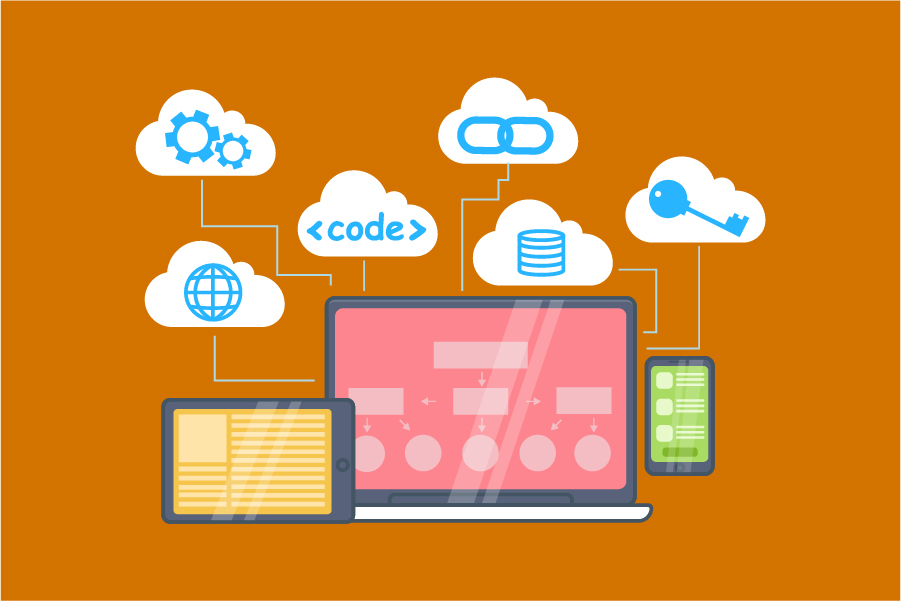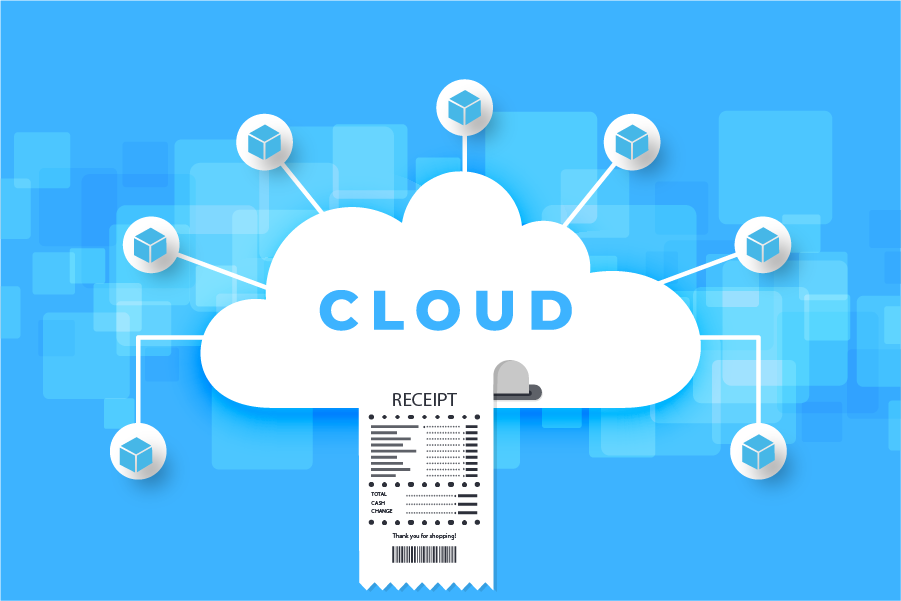An application programming interface, or API gateway, sits between a client and a group of backend services.
An API gateway serves as a reverse proxy to take all application programming interface (API) calls, gather the required services, and return the proper result.
So, if you’re wondering why API gateway is important, then read this post.
In this post, we’ll discuss the importance of API Gateway. But first, let’s begin with what an API gateway is.
What is API Gateway?
API or application programming interface gateway is a software paradigm that lies in front of an API or group of microservices to ease requests for data and services as well as delivery of those requests.
It serves as a centralized access point for a client and a group of backend services. It standardizes the process of interaction between the apps, data, and services of a company and its internal and external customers.
Aside from that, it also performs a wide variety of other services, such as authentication, rate limiting, and analytics, in order to support and manage API usage.
Moreover, APIs enable independent software programs to communicate with one another and share data both inside and outside of a company’s walls.
The application programming interface gateway offers a focal point and a standardized interface for carrying out these actions.
It receives requests from both internal and external sources, which are referred to as “API calls.”
Due to its comprehensive set of capabilities, the API gateway is an indispensable component of an enterprise’s API strategy.
Who uses API gateways?
The Application Programming Interface (API) gateway serves as the central hub for API messages. As said earlier, it helps to manage and standardize API activities and interactions with both internal and external clients.
API gateways often contain monitoring and logging capabilities so that calls and responses may be recorded, analyzed, and evaluated for faults. This helps assure the gateway’s level of security.
Aside from that, API gateways are also capable of supporting additional governing features for APIs.
Policy managers, for instance, make use of logical statements that are processed by an API gateway in order to ascertain the availability of an API and its behavior. This includes determining how the API controls the flow of data or how it throttles calls and the throughput of API calls.
API gateways can also be used to help streamline B2B integration.
Advantages of Using API Gateways
The key advantage of using an API gateway is that it centralizes and standardizes the delivery of services that are carried out by means of APIs or microservices.
In addition to this, API gateways assist in securing and organizing the API-based integrations used within a company in a variety of different ways.
1. Streamlines procedures.
API gateways combine several API calls in order to make a single request for data and services, which in turn lowers the total number of requests and traffic.
2. Easily configurable.
API gateways offer a great deal of configurability. There are a number of different approaches that developers can take to abridge the underlying structure of an application in order to invoke a number of different backend services and aggregate the results.
3. Decreases microservices complexity
API gateways manage problems such as rate limits, user access control, token authorization, and scaling, amongst other things, while also assisting you in minimizing complexity.
4. Observation and analytics.
More often than not, API gateways come pre-packaged with particular monitoring or analytics tools. These tools assist developers in debugging and creating scalable infrastructures. These solutions can assist you to know what is happening behind the scenes.
5. Load balancing and distribution.
The capability of scaling individual services in response to load is yet another advantage of API gateways. API gateways ensure a balanced allocation of incoming requests across all service instances that are accessible.
6. Enhanced security.
Since API lies between your front-end applications and the microservices, the API gateway will perform the function of a security barrier, ensuring that your sensitive API Endpoints are not made public.
Your API is also shielded against harmful attack vectors such as denial of service assaults, SQL injections, and a variety of other similar attacks that make use of the API’s flaws.
The function of the API Gateway in API Management
API gateway is one of the components of an API management system. It sits between a client and a group of backend services. All incoming requests are seized by the API gateway, which then forwards them to the API administration system for processing. This system is responsible for a wide variety of essential tasks, such as authentication, routing, rate limiting, billing, monitoring, analytics, policy alerts, and security.










